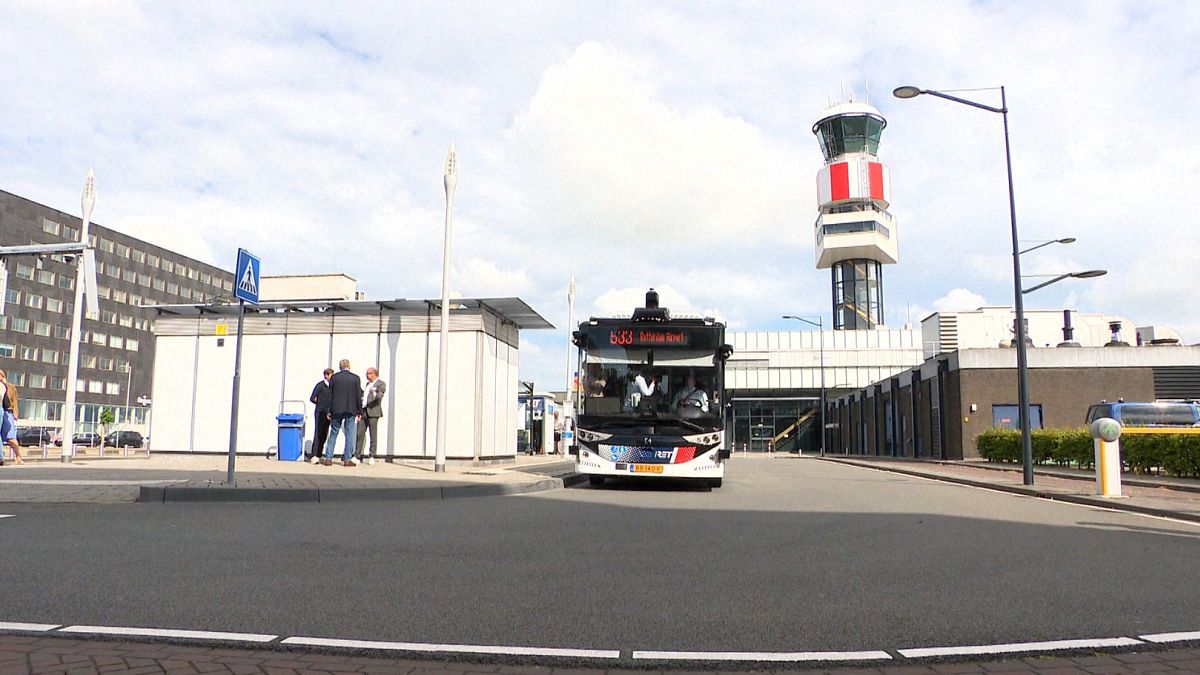

In a remarkable series of advancements and decisions, recent weeks have brought about significant developments in technology, art, and scientific ethics. Across various sectors, these strides are shaping a future that prioritizes innovation, creativity, and responsible practices.
One of the pioneering steps in technological advancement has unfolded in the Netherlands, where a self-driving bus is set to embark on its inaugural journey along the bustling roads of Rotterdam, connecting the city to The Hague airport. Beginning on August 1st, this autonomous vehicle will navigate public roads, marking a historic moment as the first of its kind in the region. This development comes as part of a broader movement toward integrating cutting-edge technology into everyday transportation, enhancing connectivity and paving the way for sustainable urban mobility. The deployment of such technology aims not only to streamline transit systems but also to reduce traffic congestion and emissions, thereby contributing positively to the urban environment.
Meanwhile, in the realm of art and culture, Ai-Da, the world’s first ultra-realistic robot artist, has unveiled an extraordinary portrait of Britain’s King Charles III at the United Nations. Ai-Da, equipped with innovative high-tech cameras in her eyes and a robotic arm, has tapped into the world of creativity with a precision and novelty unique to robotic capability. The creation of this portrait reflects a fusion of technology and artistic expression, offering new possibilities for the future of art. Ai-Da’s work serves as a reminder of how technological advancements can expand the horizons of creativity, blending human ingenuity with artificial intelligence to produce stunning visual art that captures the essence of its subject.
In the field of reproductive science, notable progress has been made with the birth of healthy babies in the United Kingdom using DNA from three individuals. This groundbreaking approach seeks to prevent hereditary diseases, specifically mitochondrial disorders, offering a new lease on life for families burdened by these genetic conditions. The procedure involves combining DNA to avert the transfer of damaged mitochondria, thereby holding the promise of healthier future generations and a decrease in the prevalence of such disorders. This milestone in reproductive technology underscores the potential of scientific innovation to enhance well-being and reshape the landscape of genetic health.
However, not all advancements come without ethical considerations, as highlighted by Oxford University Press’s decision to cease publication of the China-sponsored journal, Forensic Sciences Research. Following years of ethical concerns regarding DNA collection practices in several published papers, particularly involving Uyghur genetic data, OUP has chosen to halt its association with the quarterly journal. This action reflects a commitment to maintaining ethical standards in scientific research and publication, emphasizing the importance of ethical practices in the gathering and usage of genetic data. It serves as a reminder of the responsibilities that accompany scientific progress and the need for transparency and accountability in academic endeavors.
Together, these narratives form a tapestry of innovation and mindful reflections on the implications of technological and scientific advancement. As the world progresses, balancing innovation with ethical considerations will remain imperative to ensuring that these strides benefit society holistically and responsibly. By fostering collaborations between technology, art, and science, we pave the way for a future that is innovative, inclusive, and mindful of the ethical complexities that accompany unprecedented advancements.
Source: {link}
